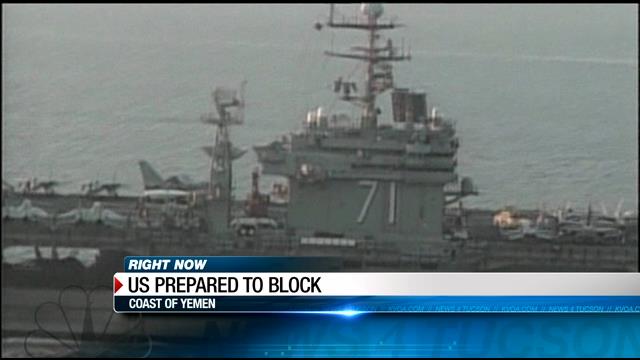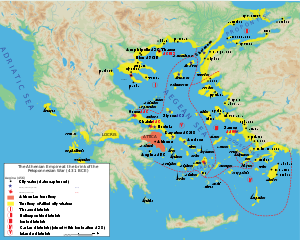First entry: 25 April 2015

Greek Foreign Minister Nikos Kotzias
said on Friday he respects Germany just not German politics, nor the
way Berlin views Greece's economy, which faces the prospect of running
out of money if it cannot agree to new bailout terms with creditors.
Kotzias said Greece and its euro zone partners need to compromise on creating political policies that will foster growth and allow the country to pay its debts.
Asked if he is simply asking the rest of Europe to trust Greece, he said: "No. To be pragmatic. Trust is a very important thing but they have to be pragmatic."
"Do they want to support us to have growth... or do they decide to have Greece struggle, to punish Greece and to create an example of what happens to a country that has a left government," Kotzias said at the end a four-day visit to Washington and New York.
He further dismissed talk the 19-nation euro zone currency area could better handle a Greek default now versus the financial crisis that resulted in a Greek bailout of 240 billion euros."It is like a game of chicken, but not the kind of game you know. What our friends are forgetting is that we don't have gas to move... We like to come back to compromising and at the end we will do it," said Kotzias, a fluent German speaker.
"So you are not giving a solution to Greece, you press the Greek government? What can be the solution? Golden Dawn is coming. Nobody has an interest in that, so that is why they will find a solution," said Kotzias, highlighting the far-right political party that is the third largest in parliament.
Reuters
Kotzias said Greece and its euro zone partners need to compromise on creating political policies that will foster growth and allow the country to pay its debts.
Asked if he is simply asking the rest of Europe to trust Greece, he said: "No. To be pragmatic. Trust is a very important thing but they have to be pragmatic."
"Do they want to support us to have growth... or do they decide to have Greece struggle, to punish Greece and to create an example of what happens to a country that has a left government," Kotzias said at the end a four-day visit to Washington and New York.
He further dismissed talk the 19-nation euro zone currency area could better handle a Greek default now versus the financial crisis that resulted in a Greek bailout of 240 billion euros."It is like a game of chicken, but not the kind of game you know. What our friends are forgetting is that we don't have gas to move... We like to come back to compromising and at the end we will do it," said Kotzias, a fluent German speaker.
"So you are not giving a solution to Greece, you press the Greek government? What can be the solution? Golden Dawn is coming. Nobody has an interest in that, so that is why they will find a solution," said Kotzias, highlighting the far-right political party that is the third largest in parliament.
Reuters


 by Philip Chrysopoulos - Apr 24, 2015
by Philip Chrysopoulos - Apr 24, 2015























